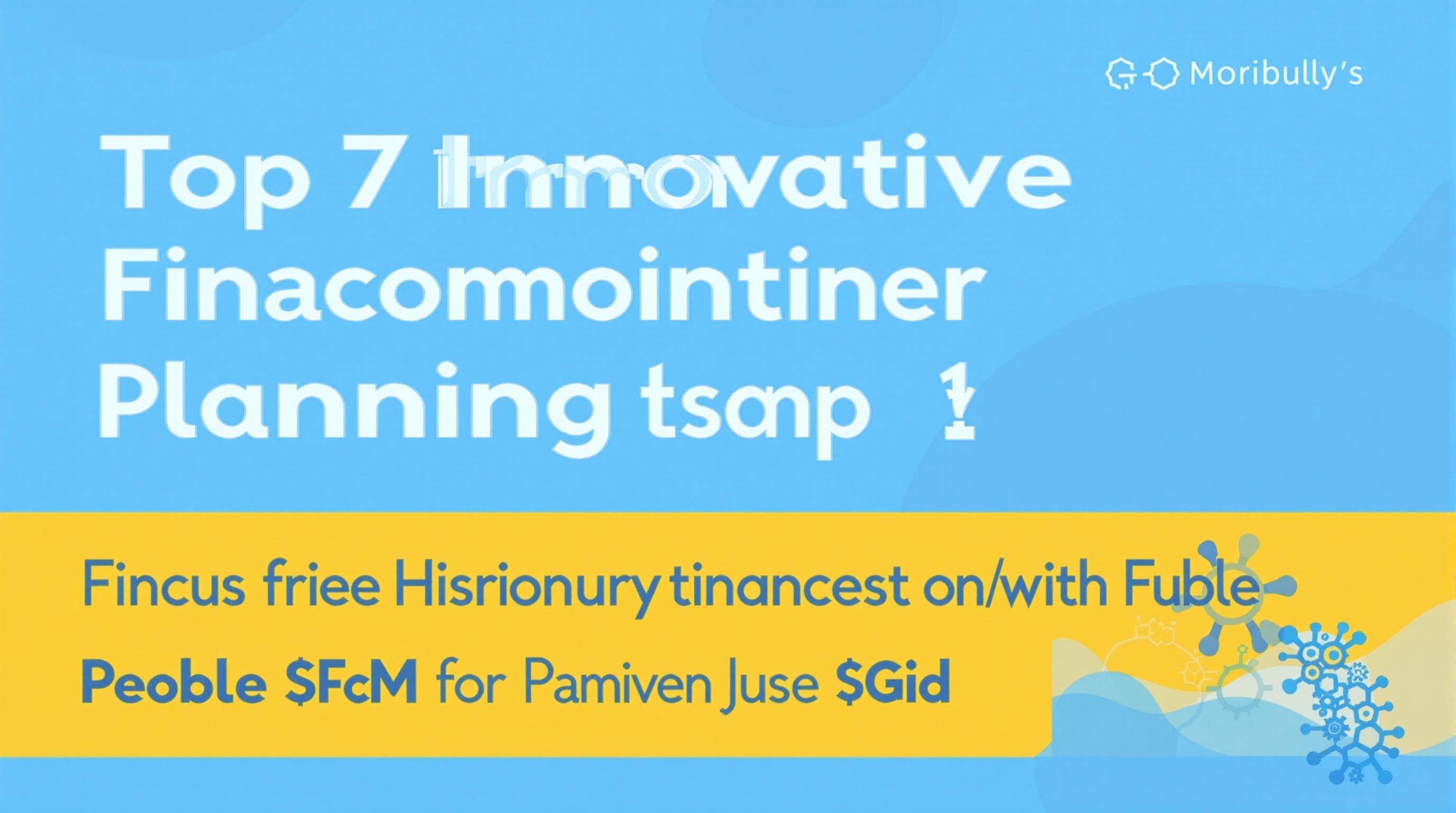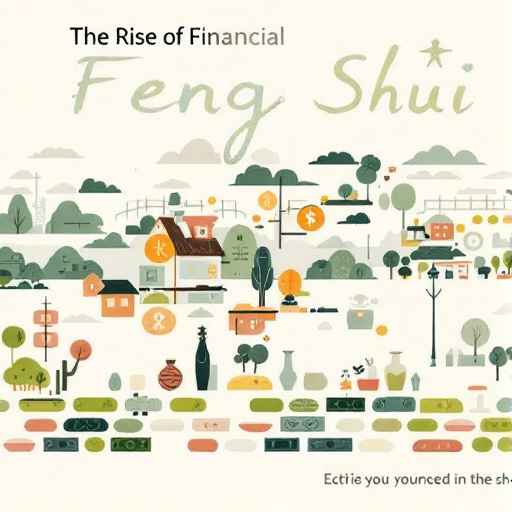Featured Articles
- Cryptocurrency and Climate Change: The Unseen Impact of Your Investments on the Planet's Future
- Cryptocurrency Gifting: The New Age of Financial Advice or Just a Tax Time Bomb?
- Cryptocurrency Gifting: The New Trend for Wealth Transfer in Millennial Families
- Cryptocurrency Therapy: How Mental Health Influences Financial Decision-Making in the Digital Age
- How Sleep Patterns Secretly Shape Your Spending Habits and Financial Decisions in Unexpected Ways
The Hidden Costs of Financial Fitness: Why Budgeting May Be Sabotaging Your Wealth Goals
The Hidden Costs of Financial Fitness: Why Budgeting May Be Sabotaging Your Wealth Goals
The pursuit of financial fitness is often derailed by the well-meaning habit of budgeting; in reality, it may be hindering your wealth goals. This article uncovers hidden costs associated with budgeting and offers alternative strategies to enhance financial growth and wealth accumulation.
Understanding Budgeting: A Double-Edged Sword
When we think of budgeting, visions of spreadsheets filled with numbers and lists often come to mind. But this well-intended practice might be more of a straitjacket than a roadmap on the journey to financial success. According to a survey by the National Endowment for Financial Education, 60% of Americans feel overwhelmed by their financial status and budgeting is seen as the antidote. However, could it also be a stumbling block?
The True Cost of Time
Time is money, as they say. On average, Americans spend about 7.5 hours a month on financial planning and budgeting, according to a report by Money Management International. This time could be better spent concentrating on income-generating activities, such as side hustles or furthering education. Imagine spending those hours developing a new skill that could increase your income— wouldn’t that be a better investment?
Are You Budgeting for the Wrong Things?
We often hear financial advisors emphasize the importance of prioritizing needs over wants, but what if that mentality is limiting? Consider Sarah, a 30-year-old marketing executive who meticulously analyzed every expense. She became so focused on saving a few dollars on coffee that she neglected to invest in skills that could elevate her career. Six years later, while her friends advanced in their fields, she found herself stuck making the same income.
The Paradox of Choice
One might argue that a tightly controlled budget eliminates unnecessary choices, but it can lead to decision fatigue. This phenomenon is well-documented. A 2004 study by scientists from Princeton University revealed that too many choices could lead to decreased satisfaction and more anxiety. Ironically, while budgeting aims to simplify financial decision-making, it can create a paralyzing sense of guilt and anxiety over innocent expenditures.
Opportunity Costs: The Silent Wealth Killer
Moreover, let’s talk numbers. The opportunity cost of adhering strictly to a budget can be significant. If you allocate all your disposable income towards savings instead of potential business ventures or investment opportunities, studies suggest you could be leaving six-figure income growth on the table. Notably, a report by the World Economic Forum highlights that merely saving for retirement is not a wealth-building strategy.
Psychological Barriers to Wealth Accumulation
Budgeting often instills a scarcity mindset that can stifle creativity and risk-taking. For those aged 16 to 70, this mentality can lead to missed opportunities. Younger individuals may hesitate to start a business due to fear derived from stringent budgeting. Conversely, older adults may resist investment in their health or education, fearing it unfavorably impacts their established budget.
Investing: A Mindset Shift
Take the example of Mark Cuban, who famously said, “The best way to become a millionaire is to take risks.” He didn’t build his wealth by sticking to a budget; he capitalized on potential rather than limiting himself. The story of Cuban serves as a stark contrast to the “penny-pinching” mindset that budgeting often fosters. Instead of budgetary constraints, he focused on what could propel him forward financially.
Can You Afford Your Budget?
How often have you found yourself in a state of anxiety because you exceeded your budget? This stress not only affects your financial well-being but can also harm your health. Research on stress management notes the negative physiological impacts of financial stress, which can lead to chronic health problems. Are you willing to trade your peace of mind for a meticulously controlled budget?
Budgeting: The New Health Risk?
Budgeting could inadvertently lead to unhealthy habits. Machiavellian as it sounds, your nervous system reacts negatively to consistently trying to adhere to a tight budget, resulting in stress-related conditions. In fact, a study published in the *Psychosomatic Medicine* journal found that higher levels of financial stress are correlated with health issues like hypertension and diabetes. Are the hidden costs of budgeting worth your well-being?
The Money-Failure Fear Trap
There’s a persistent notion that if you fail to stick to your budget, you're failing at adulting. What if you shifted that narrative to view financial management as a journey rather than a strict regimen? For instance, taking a course in personal finance or engaging with a financial therapist could provide strategies to manage money without the narrow confines of a budget. Let’s bring some liberation back into the conversation.
Structuring for Success
So if budgeting isn't the panacea it's often made out to be, what should you do instead? First, consider a less rigid approach to managing your finances. This could mean adopting a more flexible spending plan where you allocate funds towards essential needs and allow for investment opportunities and personal development. According to Forbes, individuals who focus on net worth rather than expenses can foster a healthier relationship with money.
Set Value-Based Spending Goals
Instead of allotting a specific dollar amount for each category, think in terms of value. What experiences enrich your life? Spend money on things that resonate with your values rather than depriving yourself to save small amounts. For instance, investing in a traveling experience could foster personal growth and networking opportunities that are priceless.
Utilizing Technology for Financial Freedom
In today’s digital age, several apps help track spending without the constricting environment of traditional budgeting. Apps like Mint and YNAB (You Need A Budget) provide insightful feedback without the rigid format of a conventional budget. By using technology, you can monitor your expenditures and make informed choices without the burden of constant self-judgment.
Community Support over Personal Sacrifice
Engaging in a community of like-minded individuals is also critical to achieving your financial goals. Consider joining local investment clubs or online forums where experiences and insights are shared. Collective wisdom often highlights investment opportunities that budgeting alone doesn’t. The concept is rooted in the “power of community,” which brings about support and alternative solutions that maybe budgeting didn’t provide.
The Freedom to Spend Wisely
Healthy financial habits involve more than just saving; they also require the flexibility to seize opportunities as they arise. Embracing an adaptive spending mentality allows you to make spontaneous choices that can lead to wealth-building benefits. The adage “you have to spend money to make money” has never rung truer in this evolving financial landscape.
Cultivating a Wealth Mindset
In conclusion, shifting the focus from strictly budgeting to fostering a wealth mindset can vastly improve your financial trajectory. This involves embracing flexibility, understanding opportunity costs, and refocusing on both personal and professional growth rather than mere expense tracking. By cultivating an adaptive approach to financial fitness, you're not just preserving your wealth—you're enhancing your life quality and opening doors for future early retirements or lucrative investments.
The hidden costs of financial fitness may take shape in ways we least expect. So next time you find yourself with a calculator and a budget spreadsheet, take a moment to reassess whether you’re building barriers or unlocking doors to financial freedom.
With the right strategies, there’s no need to sacrifice satisfaction in your financial journey. By rethinking budgeting, you can reshape your approach to wealth and reach your financial dreams without the shackles of traditional financial fitness methods.




